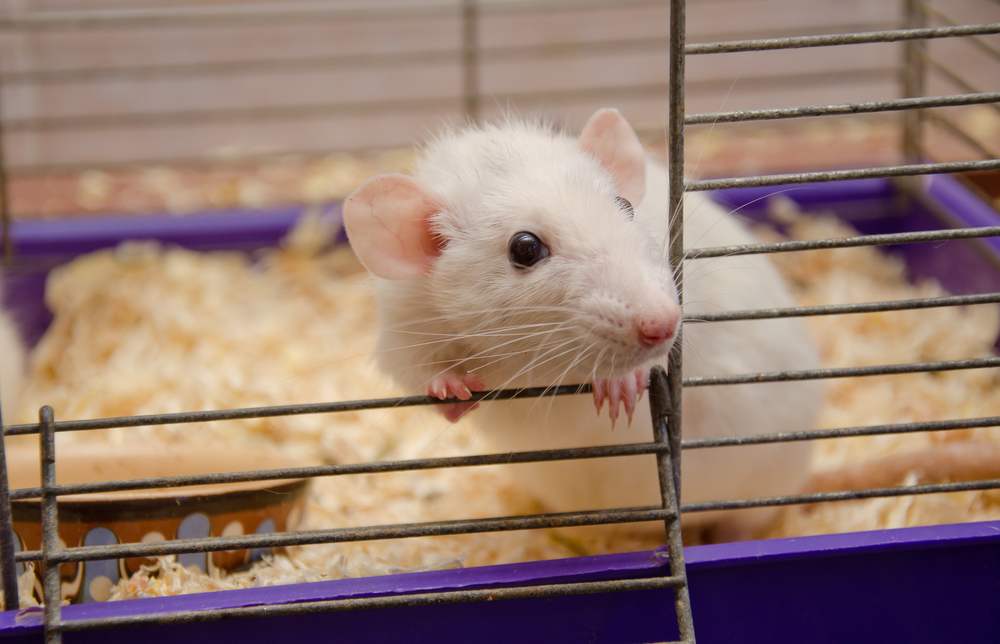Nova Mentis Will Test Potential Psychedelic Treatment in Animal Model

Nova Mentis is expanding its preclinical pipeline to test a psychedelic treatment known as PLZ-1013 in an animal model of fragile X syndrome.
The psychedelic compound, psilocybin, is being investigated as a potential behavioral therapy for fragile X.
Researchers at the Canada-based company are collaborating with Viviana Trezza, PhD, from Roma Tre University, in Italy, to test PLZ-1013, a psilocybin compound. The aim is to assess its potential efficacy and determine therapeutic doses to be used in future human studies.
“We are delighted to have expanded our pre-clinical development pipeline to treat this unmet medical need, fragile X syndrome. Psilocybin, with its many mechanisms of action, has the potential to yield a multifaceted approach to treat this rare genetic disorder,” Marvin S. Hausman, MD, chairman of Nova’s scientific advisory board, said in a press release.
Clinical interest in the potential of psychedelics for the treatment of mental disorders is increasing. Positive results in early fragile X studies could help address the lack of evidence supporting the current use of pharmacological therapies in this patient population.
Notably, fragile X is the most frequent single genetic cause of autism spectrum disorder (ASD).
“My interest in developing the fragile X model used in my lab is to show how the behavioral treatment findings in a preclinical animal model can be translated into effective clinically meaningful therapy for people with ASD,” Trezza said.
Nova and Trezza will conduct the study testing psilocybin in a rodent model of ASD.
Psychedelic compounds, such as psilocybin, have been shown to exert a wide range of effects.
Focusing on the treatment of obesity and depression, the company believes that psilocybin has a strong potential to address multiple factors in obesity by acting on inflammation and the gut-brain axis. The gut-brain axis refers to a crosstalk between intestinal bacteria, the nervous system and the gastrointestinal tract. According to Nova, obesity-associated inflammation in the brain influences mood, energy balance, and eating behavior.
In its fragile X research partnership with Trezza’s lab, the company aims to analyze the bacterial content of feces using its ASD Microbiome Diagnostic Index (MDI). Using a DNA sequencing approach, the MDI can profile the identity of the bacterial species associated with fragile X syndrome. This may help identify whether certain genetic subsets within gut bacteria may respond more favorably to psilocybin and related derivatives, according to Nova.
Nova noted that there are no currently approved therapeutic treatments for fragile X.






